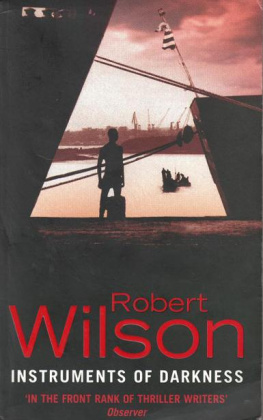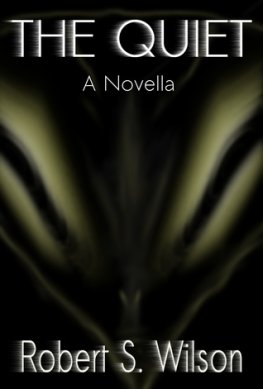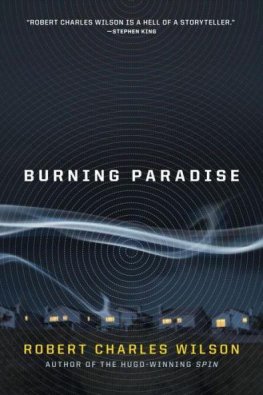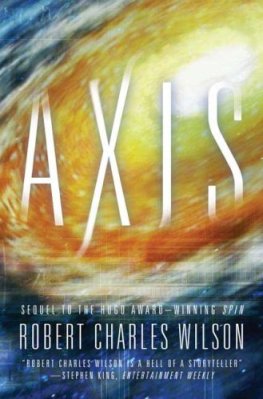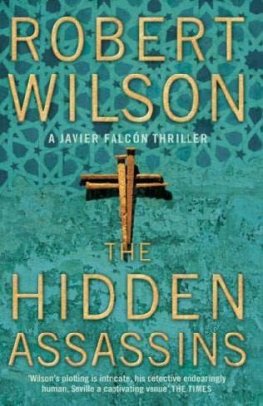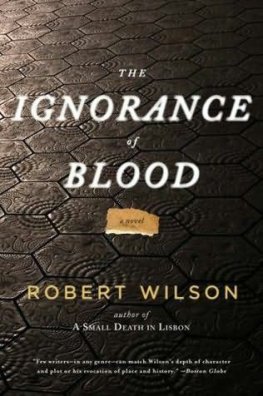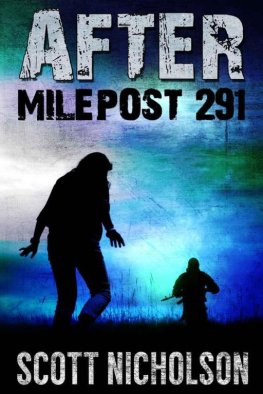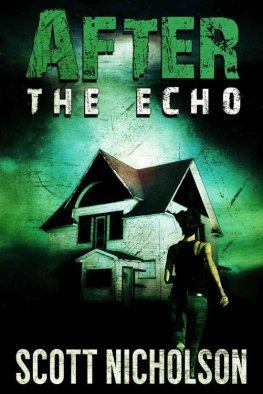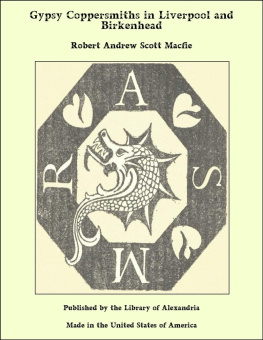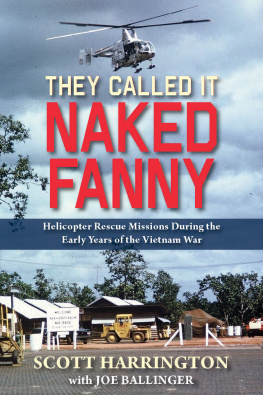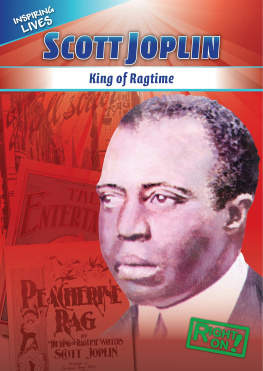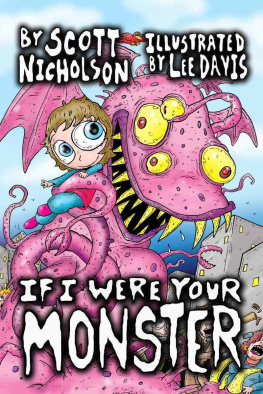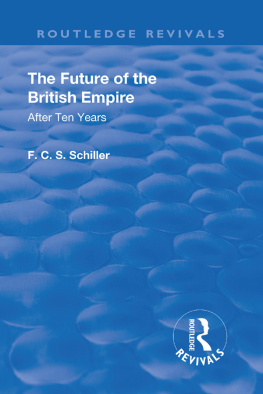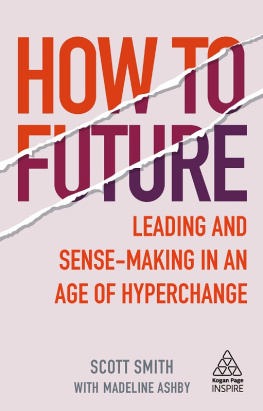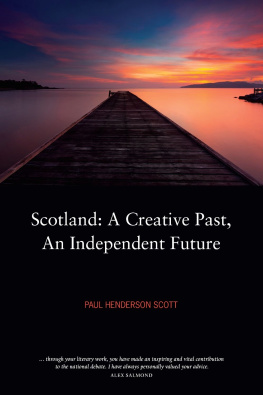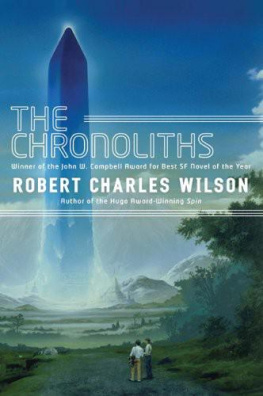The Chronoliths
by Robert Charles Wilson
PART ONE
THE COMING OF THE CHRONOLITHS
It was Hitch Paley, rolling his beat-up Daimler motorbike across the packed sand of the beach behind the Haat Thai Dance Pavilion, who invited me to witness the end of an age. Mine, and the worlds. But I dont blame Hitch.
Nothing is coincidental. I know that now.
He was grinning as he approached, generally a bad omen with Hitch. He wore the American-in-Thailand uniform of that last good summer, army shorts and John the Baptist sandals, oversized khaki T-shirt and a flowered spandex headband. He was a big man, an ex-Marine gone native, bearded and developing a paunch. He looked formidable despite his clothes, and worse, he looked mischievous.
I knew for a fact that Hitch had spent the night in the party tent, eating the hash-laced spice cookies a German diplomatic-corps functionary had given him and feeding the same to her, until she went out with him at high tide to better appreciate the moonlight on the water. He shouldnt have been awake at this hour, much less cheerful.
I shouldnt have been awake either.
After a few hours at the bonfire I had gone home to Janice, but we hadnt slept. Kaitlin had come down with a head cold, and Janice had spent the evening alternately soothing our daughter and battling an infestation of thumb-sized cockroaches that had colonized the warm and greasy passages of the gas stove. Given that, and the hot night, and the tension that already existed between us, it was probably inevitable that we had argued almost until dawn.
So neither Hitch nor I was fresh or perhaps even thinking clearly, though the morning sunlight coaxed a false alertness out of me, the conviction that a world so brightly lit must also be safe and enduring. Sunlight glossed the heavy water of the bay, picked out fishing sloops like dots on radar, promised another cloudless afternoon. The beach was as broad and flat as a highway, a road toward some nameless and perfect destination.
So that sound last night, Hitch said, beginning this conversation the way he began most, without preamble, as if we had been apart for no significant time, like a Navy jet, you heard that?
I had. Id heard it about four a.m., shortly after Janice stomped off to bed. Kaitlin was asleep at last, and I was alone at our burn-scarred linoleum kitchen table with a cup of sour coffee. The radio was linked to a U.S. jazz station, turned down to polite chatter.
The broadcast had turned brittle and strange for about thirty seconds. There was a crack of thunder and a series of rolling echoes (Hitchs Navy jet), and a little after that an odd cold breeze rattled Janices potted bougainvilleas against the window. The window blinds lifted and fell in a soft salute; Kaitlins bedroom door opened by itself, and she turned in her netted crib and made a soft unhappy sound but didnt wake.
Not quite a Navy jet, but it might have been summer thunder, a newborn or senescent storm mumbling to itself out over the Bay of Bengal. Not unusual, this time of year.
Party of caterers stopped by the Duc this morning and bought all our ice, Hitch said. Heading for some rich mans dacha. They said there was real action out by the hill road, like fireworks or artillery. A bunch of trees blew down. Want to go see, Scotty?
As well one thing as another, I said.
What?
Means yes.
It was a decision that would change my life beyond repair, but I made it on a whim. I blame Frank Edwards.
Frank Edwards was a Pittsburgh radio broadcaster of the last century who compiled a volume of supposedly true miracle lore (Stranger Than Science, 1959), featuring such durable folktales as the Mystery of Kaspar Hauser and the spaceship that blew up over Tunguska, Siberia, in 1910. The book and its handful of sequels were big items in our household when I was naive enough to take such things seriously. My father had given me Stranger Than Science in a battered library-discard edition and I had finished it at the age of ten in three late-night sessions. I suppose my father considered this the kind of material that might stimulate a boys imagination. If so, he was right. Tunguska was a world away from the gated Baltimore compound where Charles Carter Warden had planted his troubled wife and only child.
I outgrew the habit of believing this sort of thing, but the word strange had become a personal talisman. Strange, the shape of my life. Strange, the decision to stay in Thailand after the contracts evaporated. Strange, these long days and drugged nights on the beaches at Chumphon, Ko Samui, Phuket; strange as the coiled geometry of the ancient Wats.
Maybe Hitch was right. Maybe some dark miracle had landed in the province. More likely there had been a forest fire or a narcotics shoot-out, but Hitch said the caterers had told him it was something from outer space and who was I to argue? I was restless and facing the prospect of another empty day fielding Janices complaints. And not relishing it. So I hopped on the back of Hitchs Daimler, fuck the consequences, and we motored away from the coast in a cloud of blue exhaust. I didnt stop to tell Janice I was going. I doubted she would be interested; anyway, Id be home by nightfall.
Lots of Americans disappeared in Chumphon and Satun in those days, kidnapped for ransom or murdered for pocket change or recruited as heroin mules. I was young enough not to care.
We passed the Phat Duc, the shack where Hitch supposedly sold fishing tackle but in fact did a brisk trade in native marijuana to the party crowd, and turned onto the new coast road. Traffic wasnt heavy, just a few eighteen-wheelers out of the C-Pro fish farms, jitneys and songthaews decorated like carnival wagons, tourist buses. Hitch drove with the verve and fearlessness of a native, which made the journey an exercise in bladder control. But the rush of humid air was cooling, especially as we turned onto the feeder road toward the interior, and the day was young and pregnant with miracles.
Away from the coast, Chumphon is mountainous. When we turned inland we had the road very nearly to ourselves, until a phalanx of border police roared past us in a hail of gravel. So something was definitely up. We stopped long enough for Hitch to relieve himself in a gas station hawng nam while I tuned my portable radio to the English-language radio station out of Bangkok. Lots of U.S. and U.K. top forty, no word of Martians. But just as Hitch came ambling back from the urinal trough a brigade of Royal Thai soldiers roared past us, three troop carriers and a handful of rattletrap humvees, going the same direction the local police had been headed. Hitch looked at me, I looked at him. Get the camera out of the saddlebag, he said, not smiling this time. He wiped his hand on his shorts.
Up ahead, a bright column of fog or smoke spiked the tumbled hills.
What I did not know was that my daughter Kaitlin, five years old, had awakened from her morning nap with a raging fever, and that Janice had wasted a good twenty minutes trying to locate me before she gave up and took Kait to the charity clinic.
The clinic doctor was a Canadian who had been in Chumphon since 2002 and had established a fairly modern surgery with funds donated by some department of the World Health Organization. Doctor Dexter, the beach people called him. The man to see for syphilis or intestinal parasites. By the time he examined Kaitlin, her fever had peaked at 105 degrees and she was only intermittently lucid.
Janice, of course, was frantic. She must have feared the worst: the Japanese encephalitis we all read about in the papers that year, or the dengue that had killed so many people in Myanmar. Doctor Dexter diagnosed a common influenza (it had been going around the Phuket and Ko Samui crowd since March) and pumped her full of antivirals.


